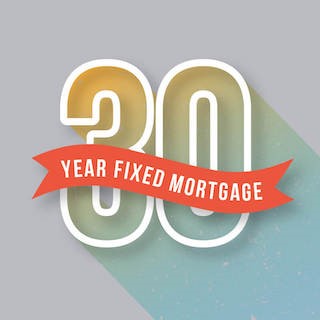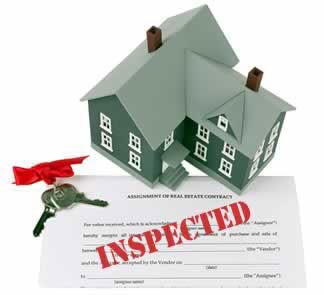A Simple Guide to Mortgage Loans

When purchasing a home, the many different loan options available to you can be a bit overwhelming. With different names, various term lengths and many other factors on the table, it can be confusing trying to figure out which loan is best for you. While your mortgage lender and your Realtor can both answer questions you may have, it’s still smart to do your own research so that you have a basic understanding of mortgage loans.
Let’s focus on the two major options that affect your mortgage: the term of the loan and the type of interest rate attached to it. The term of the loan is the amount of time you have to pay it off. Two of the most common loan terms are 15-year and 30-year loans. There are pros and cons to both. In addition, there are two types of interest rates to choose from: a fixed-rate or an adjustable-rate. Each type of loan combination has perks that meet your specific needs and will determine your monthly payment and the total interest you will pay.

First we will look at a 15-year fixed-rate mortgage loan.
This is a loan that you pay back over 15 years with the same interest rate throughout the life of the loan. One of the biggest benefits of a 15-year fixed-rate mortgage loan is that you will pay it off in half the time of a 30-year loan. Obvious, right? But what you may not realize is that you will also be paying less toward interest AND you will be building equity more quickly. Paying your loan off faster means being able to use your hard-earned money for other things like retirement savings, college tuition for children, travel etc. However, while having a shorter term will often garner a lower interest rate, it still likely means higher monthly payments. And that is something you need to think about when deciding what kind of loan to pursue. For example, say your loan amount is $184,000 and you have a fixed interest rate of 7%. You will pay about $1,650 a month with a 15-year loan verses about $1,220 a month with a 30-year term. Since your payment will be lower with a 30-year loan, you might be able to qualify for a larger amount if you choose the loan with the longer term.

Shorter term loans usually have lower interest rates. This is because the lender is taking on less risk when money is borrowed for a shorter amount of time and they are able to get their interest back sooner. Locking into an interest rate with a fixed-rate loan means you will pay at that interest rate for the entirety of your loan term. Since rates fluctuate daily, this is a good thing. However, there is always a chance that interest rates could drop lower than your rate, in which case an adjustable-rate mortgage might be beneficial. Adjustable-rate loans are risky though, because your rate could also go much higher meaning higher monthly payments and more interest paid throughout the life of the loan. The main reason to think about getting an adjustable-rate mortgage loan is to get a lower monthly payment. Since you are taking on the risk of rates rising, the bank will often reward you with a low rate starting out.

Now, let’s look at a 30-year mortgage loan.
This is a home loan that will be paid off completely in 30 years as long as every payment is made as scheduled. Most 30-year mortgages are fixed-rate loans, meaning the interest rate will stay the same throughout the life of the loan. When you take out a 30-year loan, you may qualify for a higher amount than you would with a 15-year term. In addition, you will have lower monthly payments, making a more expensive home affordable for you. You also will enjoy the flexibility of being able to pay the loan off faster by adding to your monthly payment or making extra payments. But you can always go back to your regular payment when you can’t afford to do more. It’s easier to qualify for a 30-year loan and with the lower payments, you might have money left over each month for other things like savings, travel, etc. Just keep in mind that with a 30-year mortgage you will likely be paying a higher interest rate as well as more interest over the years, and you won’t be building equity as fast as you would with a 15-year mortgage.
Choosing what mortgage works best for you is a personal decision based on your needs. Again, your mortgage lender and Realtor can help you do the math to determine what type of loan is going to give you the best outcome.
If you are in the market to buy or sell a home (or both), let me, Sandra Nickel, and my Hat Team of Professionals assist you with all your real estate needs! Call us today at 334-834-1500 and check out https://www.homesforsaleinmontgomeryalabama.com for more information.
Photo credits: texasunitedmortgage.com, corbymortgage.com, totalmortgage.com, mortgagemoon.com



















